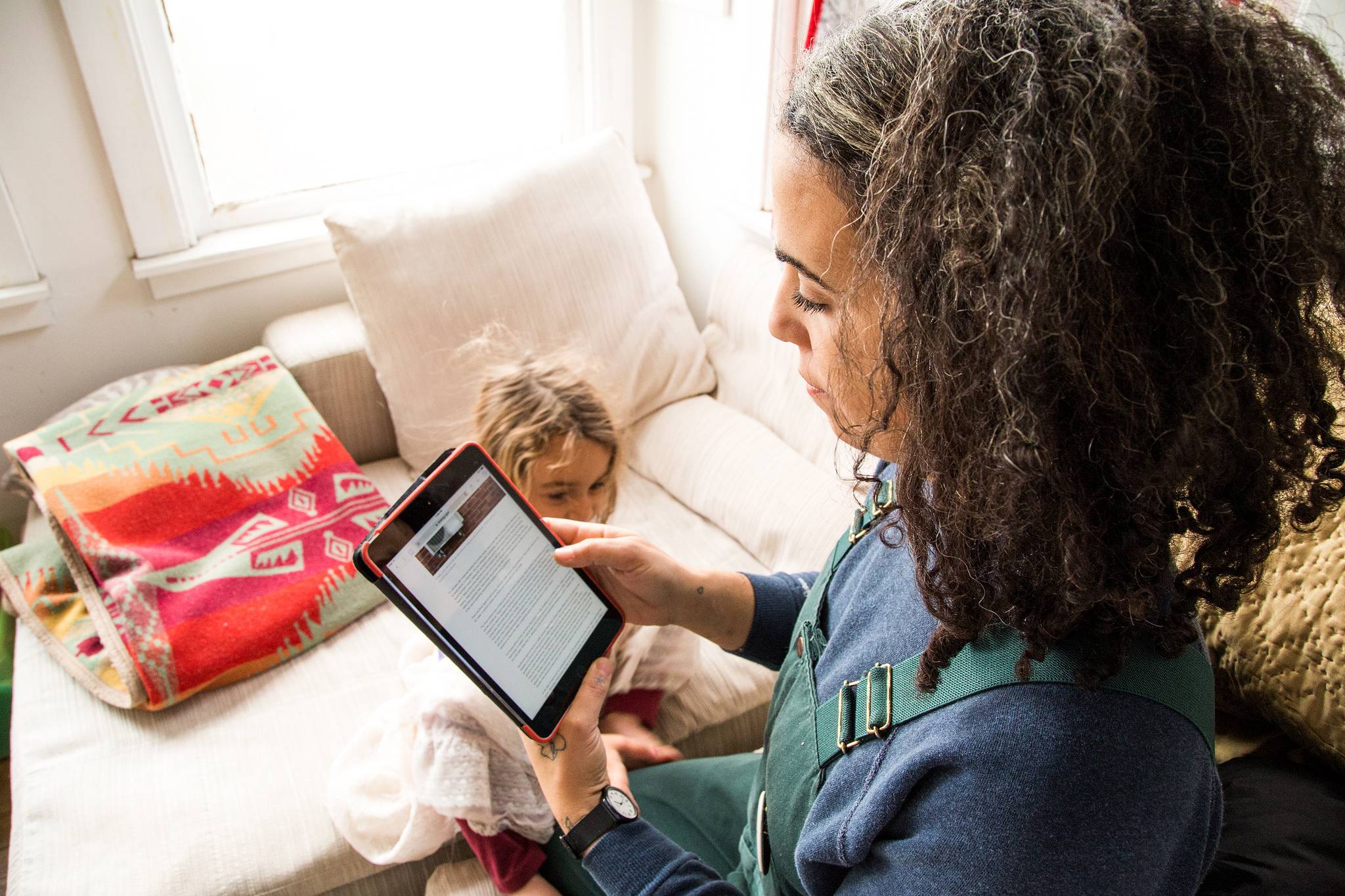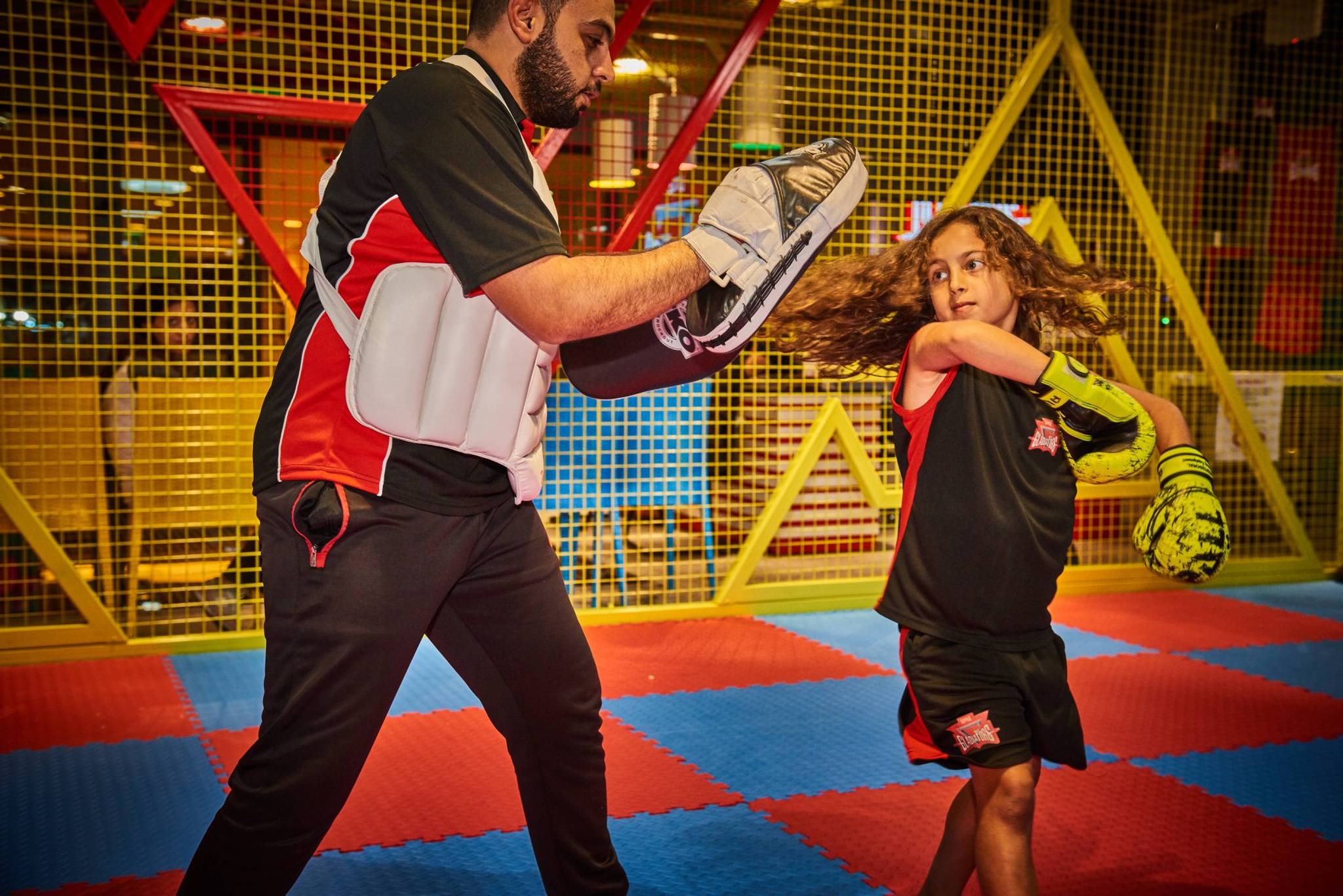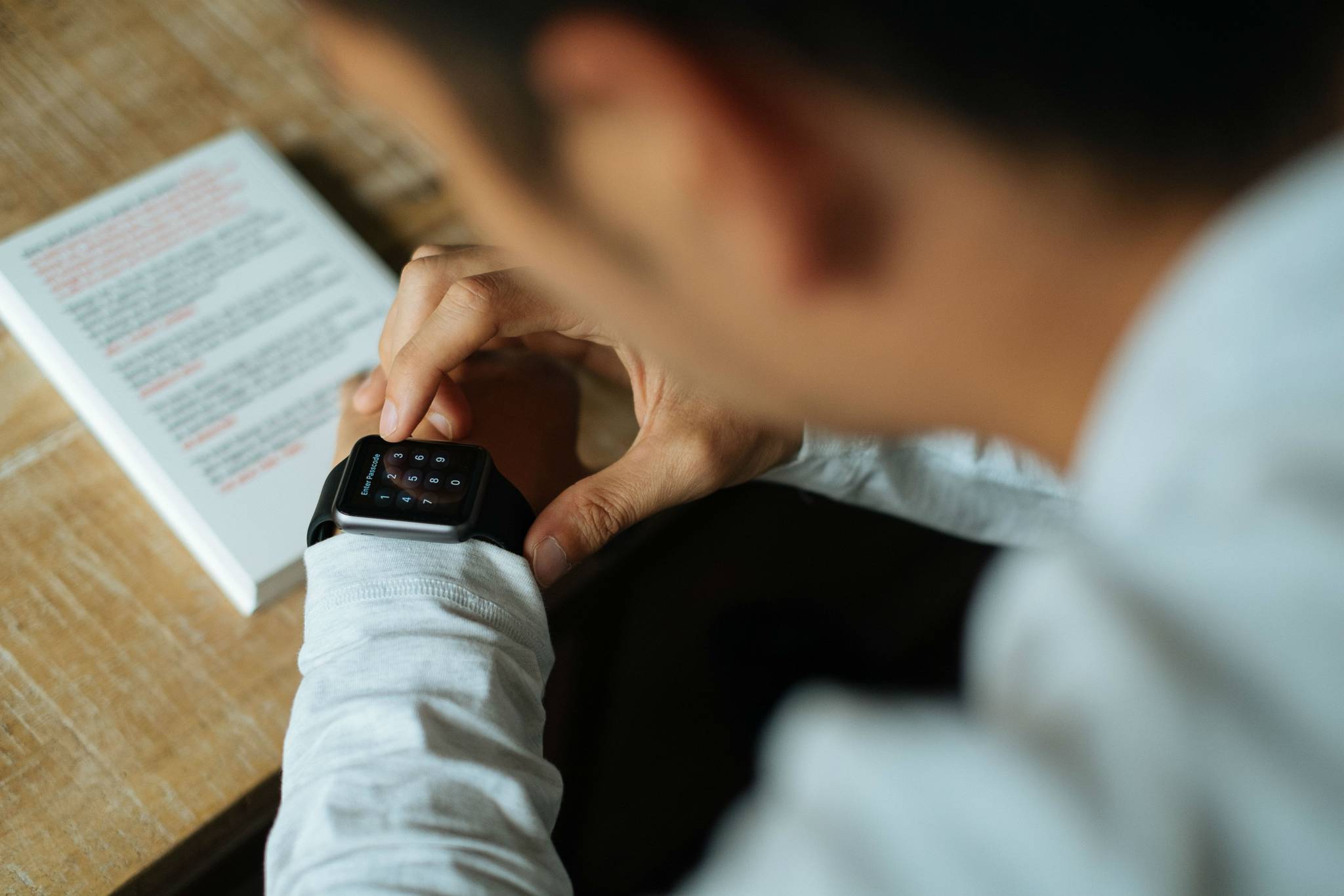
Fitness tracker brand Fitbit is introducing a kid’s model called the Ace, as parents look to find ways to keep their children active. The tracker and accompanying app gamifies certain features, teaching kids about good health while nudging them into being active. We explore the science behind how the Fitbit Ace helps kids stay on their feet.
The Fitbit Ace is a child-friendly fitness tracker, similar to Fitbit’s Alta tracker; it automatically tracks steps, monitors active minutes and reminds children to move if they’ve been still for too long. The device’s ‘move’ setting encourages kids to move for 60 minutes a day – the recommended amount of time the World Health Organisation recommends for children. Parents can also use the band to monitor their child’s activity progress and sleep cycles. "As childhood obesity rates continue to rise, it’s more important than ever to empower the entire family to embrace a healthy and more active lifestyle," said James Park, chief executive of Fitbit.

By allowing parents to scrutinise their children’s activities, Fitbit Ace typifies Gen X and Y’s tendency towards helicopter parenting, with today’s parents spending a combined ten hours more a week with their children than any other generation since 1965. But the attention may be for good reason – an obesity crisis plagues many western countries, where the percentage of children and adolescents affected by obesity has more than tripled since the 1970s. In the UK, one in three children are obese – and if action isn’t taken, 85% will be obese adults.
When people fill up on junk food, or pick the couch over a workout, they’re choosing short-term rewards over long term cost, otherwise known as ‘hyperbolic discounting.’ Kids are especially susceptible to the behaviour, as they’re not yet making decisions with their future selves in mind and are therefore more impulsive. FitBit Ace aims to tackle this tendency with nudges to get moving, using commitment and consistency for added motivation. Committing to goals through the Ace’s gamified challenges, and getting consistentfeedback about their progress from the app helps keep kids motivated when it comes to staying active. With people more focused on self-improvement than ever, they're likely to push this tendency onto their children – but the Ace’s inobtrusive, gamified features help parents keep close tabs on their kids’ health without seeming overbearing.
Safa Amirbayat is a behavioural analyst at Canvas8, which specialises in behavioural insights and consumer research. An economics graduate from University College London, he can be found boxing or reading a novel outside of work.



